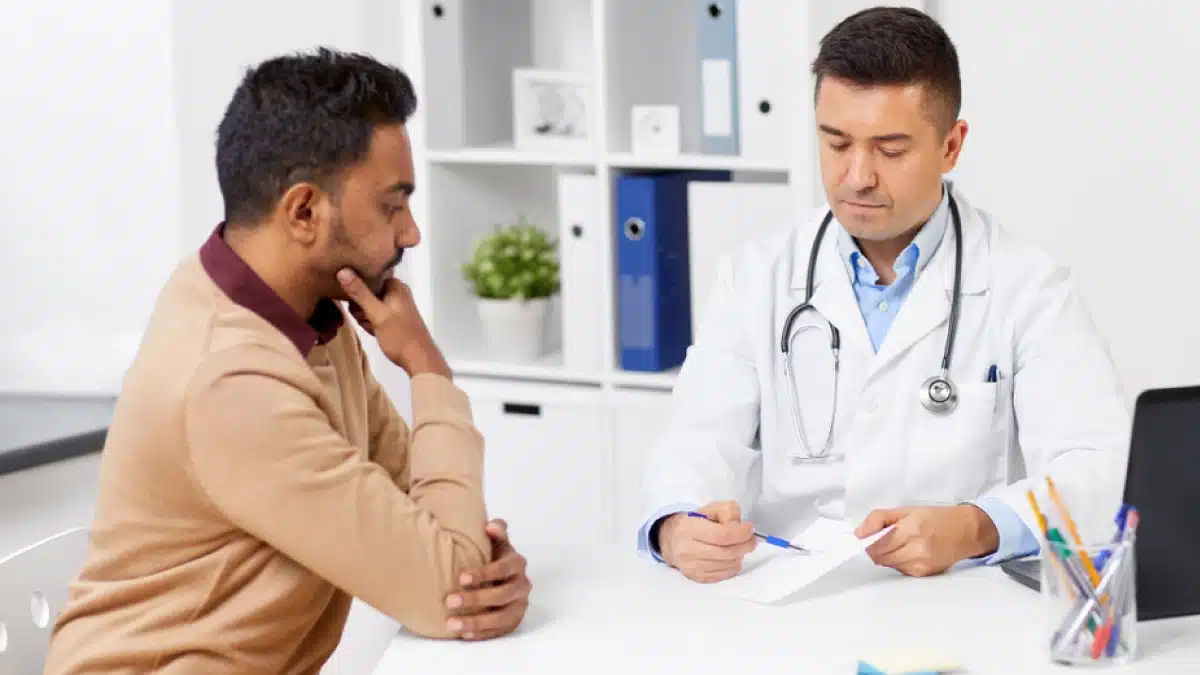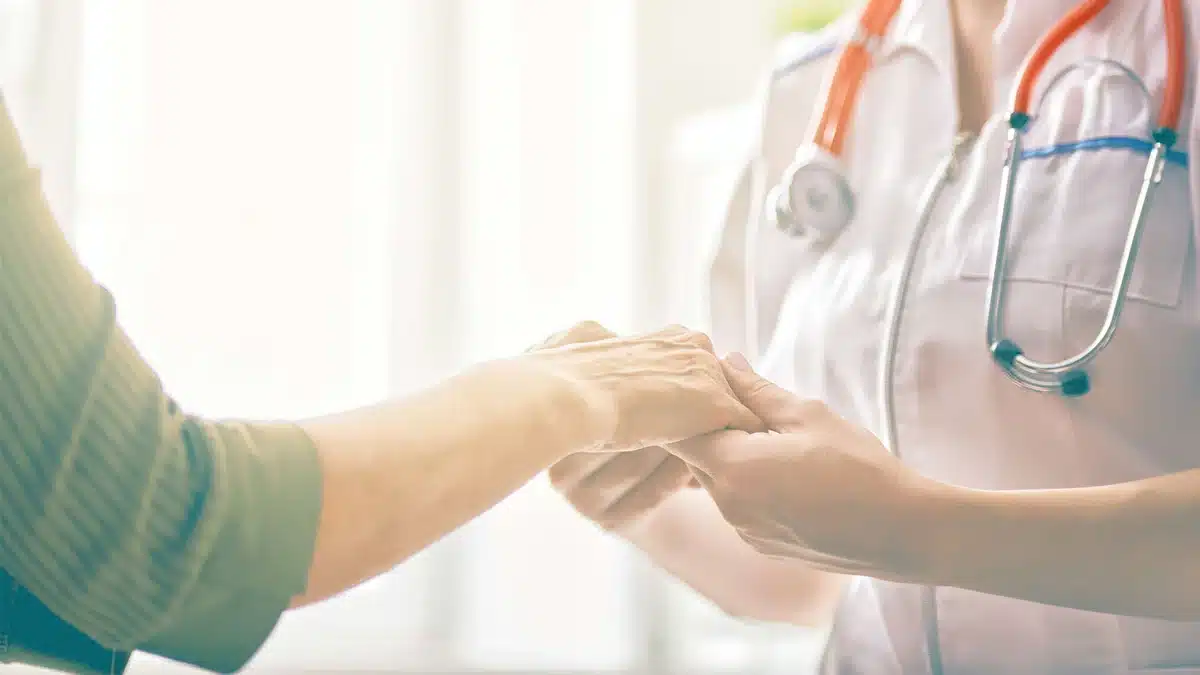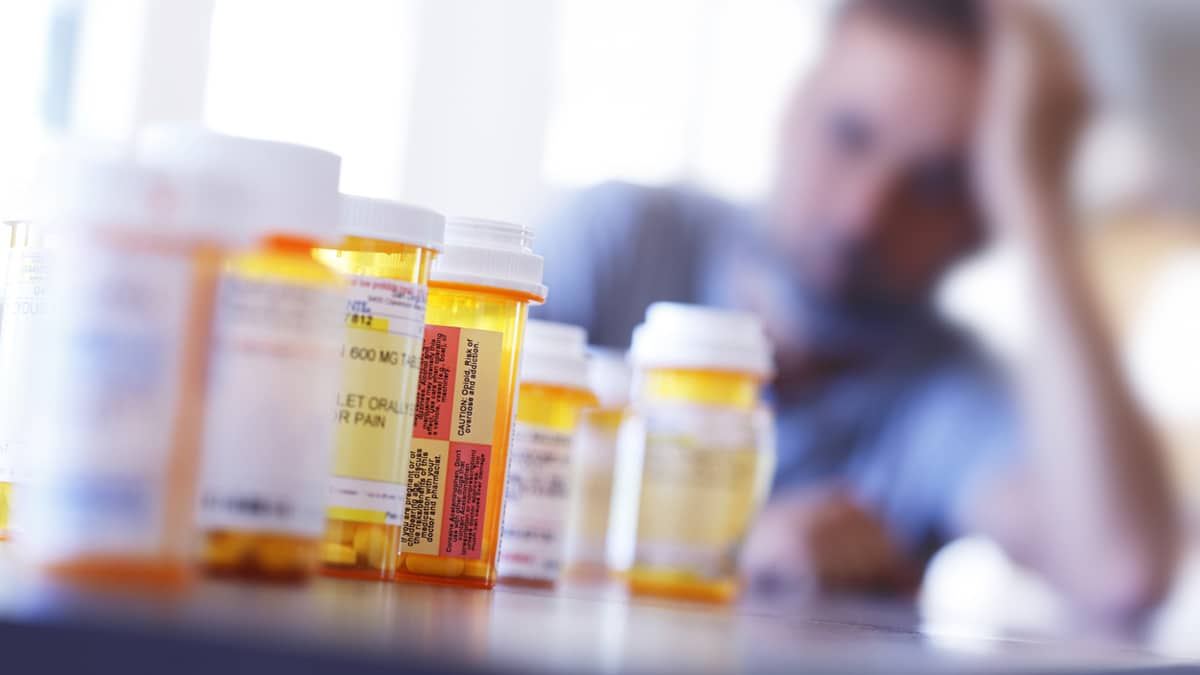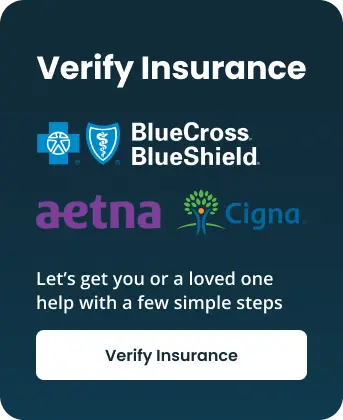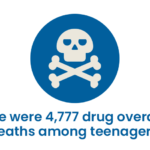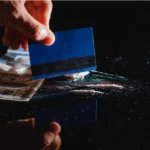If you know a loved one battling a drug addiction, there are safe and healthy ways to support them through the detox process. Most substance abuse detox processes can be extremely difficult due to the excruciating withdrawal symptoms. It is highly recommended to have them check into a professionally trained facility experienced in drug detoxing. The physical and psychological risks of detoxing at home are dangerous to you and your loved one.
If your loved one chooses to detox at home, know the symptoms. Do some research or talk to a doctor about the withdrawals that will be expected of that specific drug detox.
Common symptoms of drug detoxing include:
- Obsessive thoughts of using
- Insomnia
- Pain and muscle aches
- Loss of appetite and vomiting
- Chills or excessive sweating
- Irritability, anxiety and confusion
If the symptoms progress to severe depression, seizures, thoughts of suicide, vomiting blood or blood in stools/urine, it is imperative to seek medical attention immediately. Detoxing at home is very dangerous and not recommended. Talk to a doctor, call a helpline, there are options for your loved one to safely and comfortably get through drug detox.
How to Support your Loved One During Drug Detox
Most facilities prohibit communications to and from the patient during the initial drug detox. This is by far the most fragile stage of drug detox. It is an overwhelming and emotional process. Limiting outside influences will help reduce stress and concerns during recovery. What you can do is take this time to get educated about drug addiction and recovery for drug addiction. It is also imperative that you take care of yourself. Relax, they are in good hands. If you need support, which is common, there are great self-help and support groups available.
Helping your Family Member After Drug Detox
It is highly recommended that your loved one get additional treatment after the drug detox. Addiction is a physical and psychological dependency. It is imperative for recovery to address the underlying emotional issues that may be triggering the addiction. Talk to a doctor, drug treatment helpline, support groups, or other resources for drug treatment information. Recovery is possible through support and developing the skills to help achieve lifelong sobriety.

